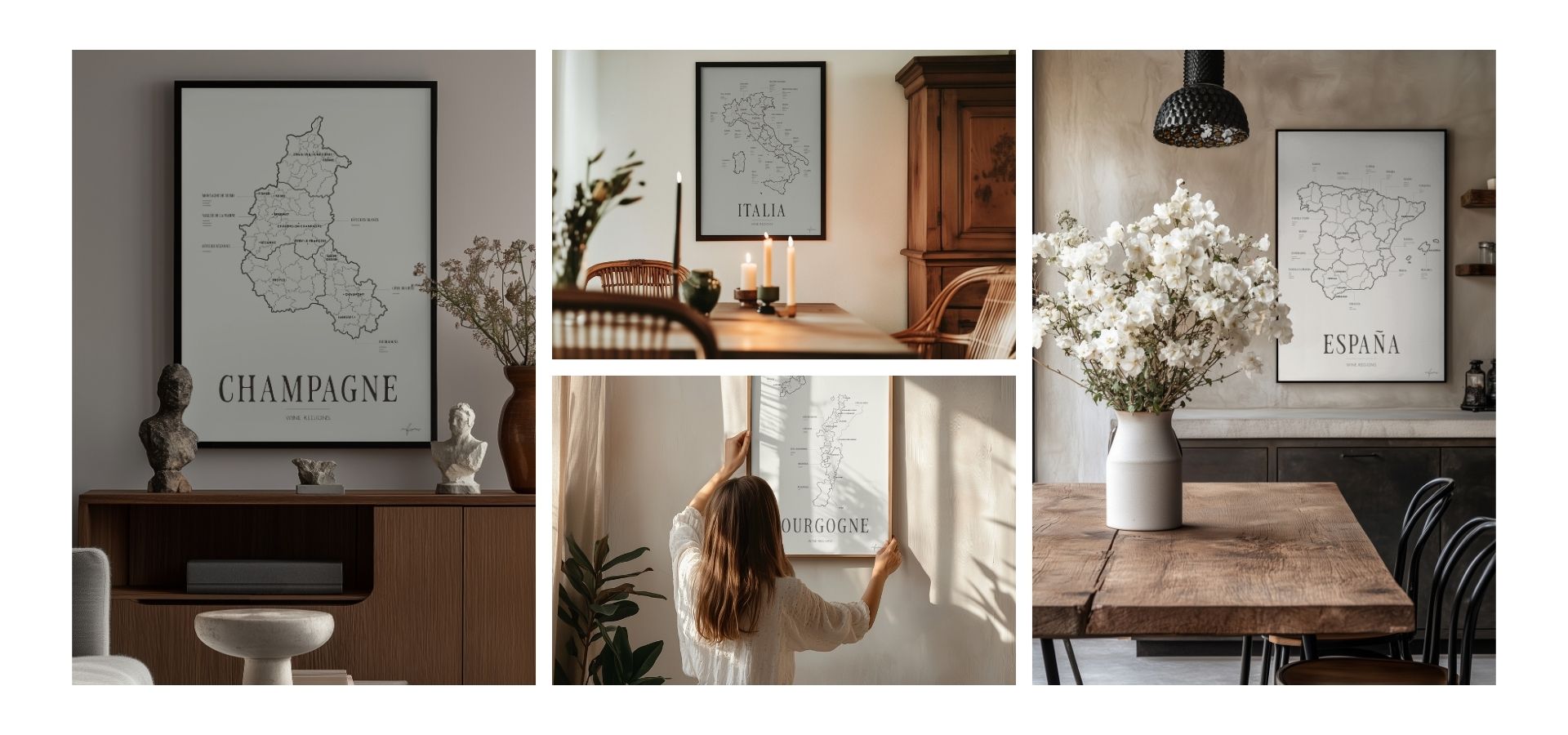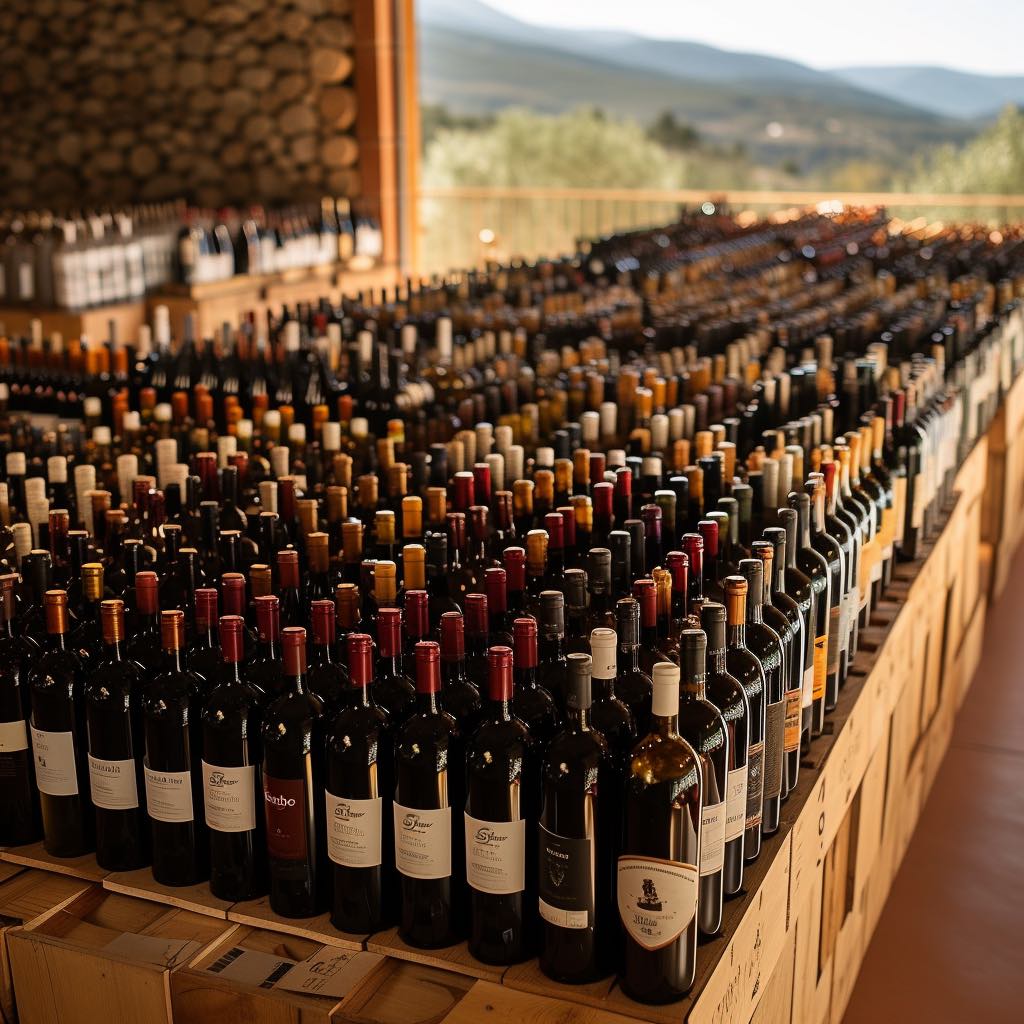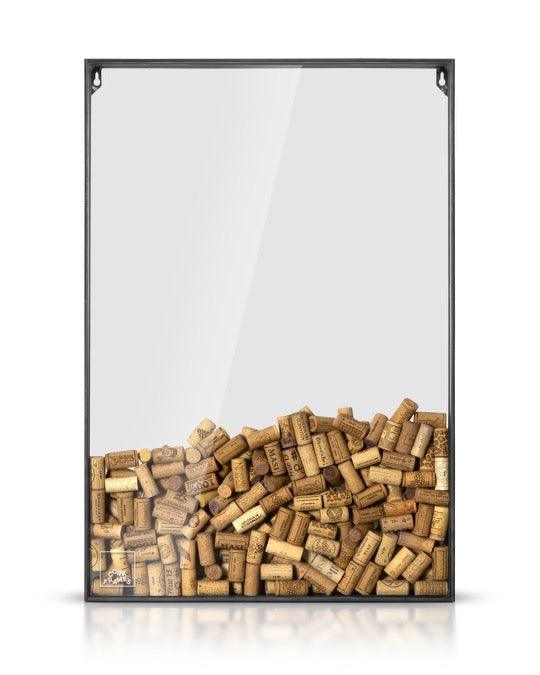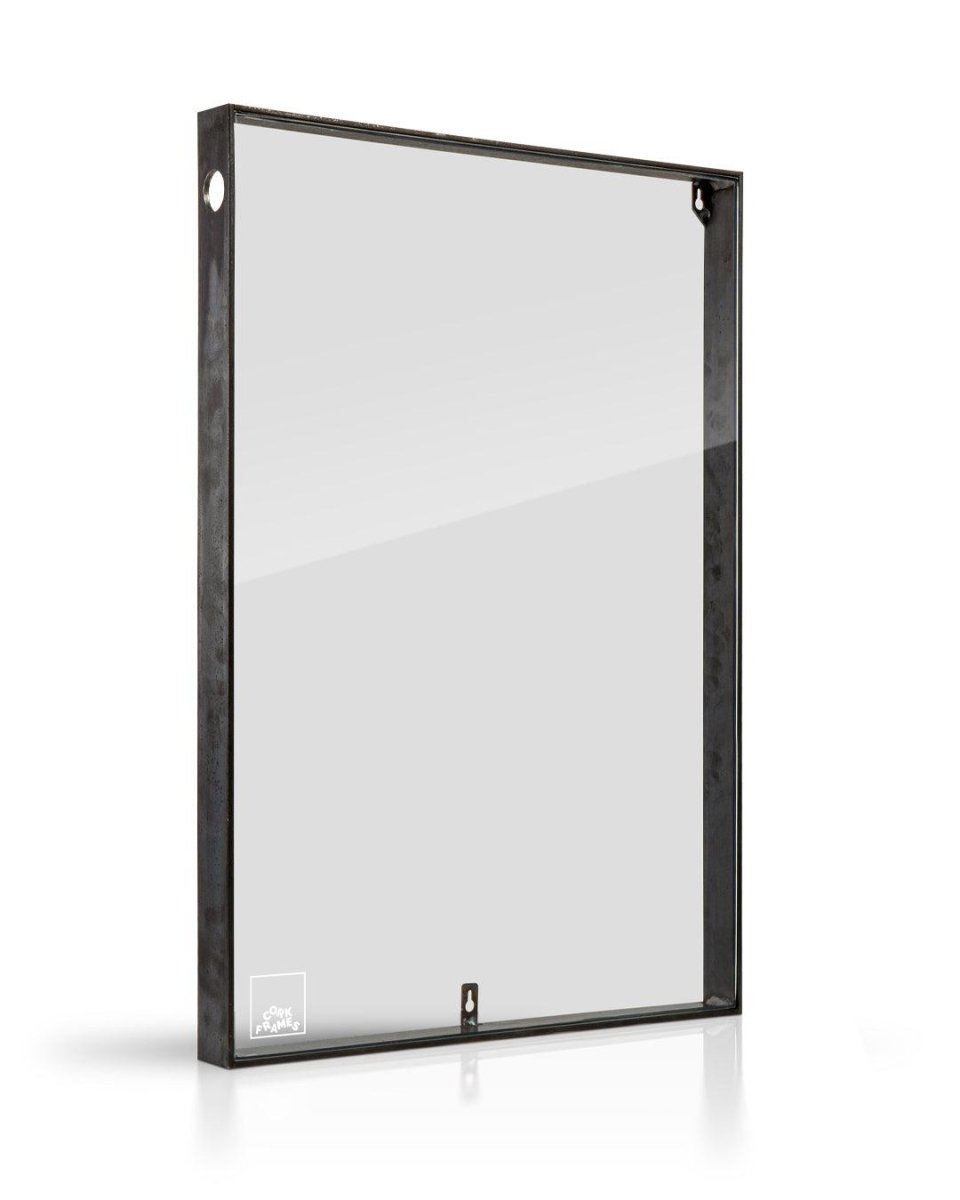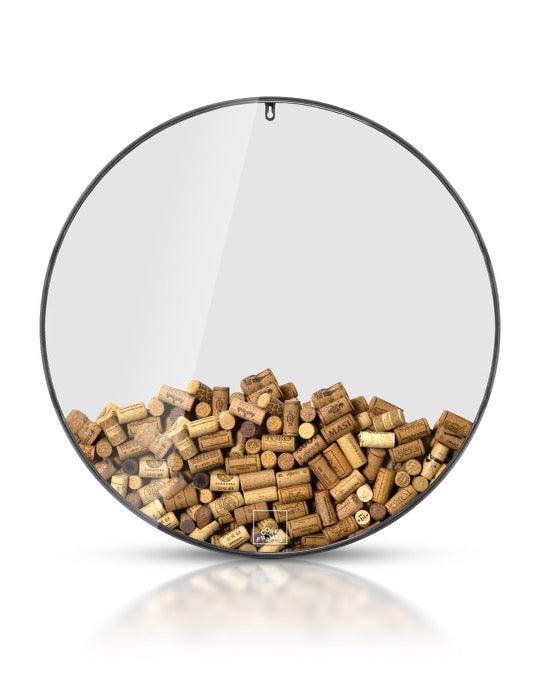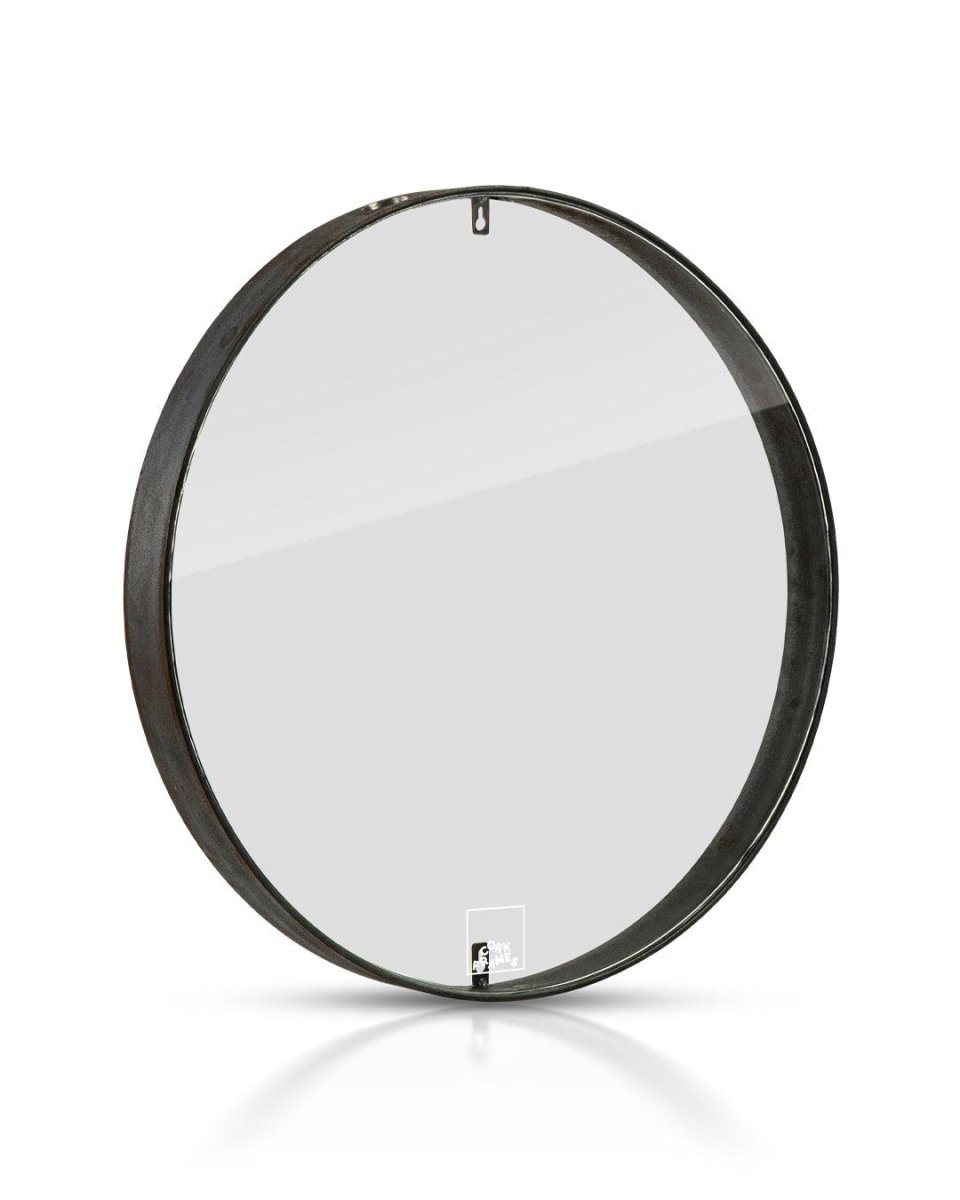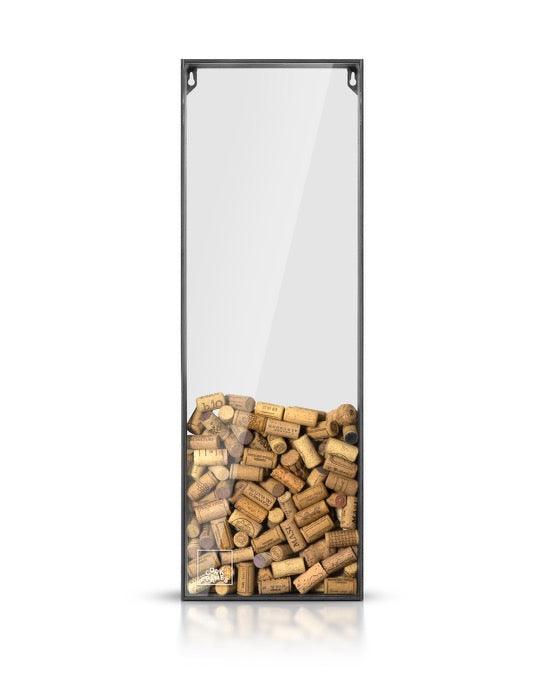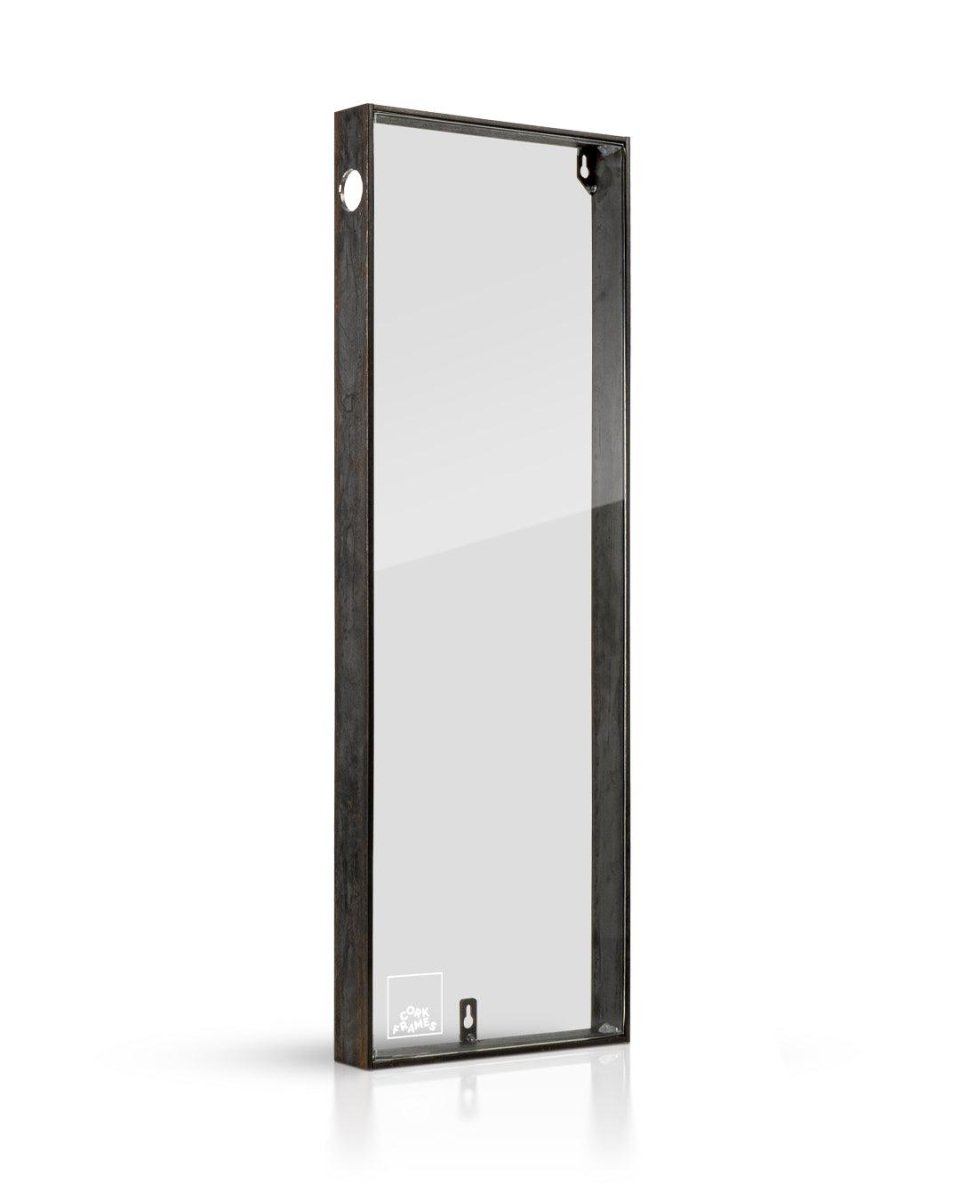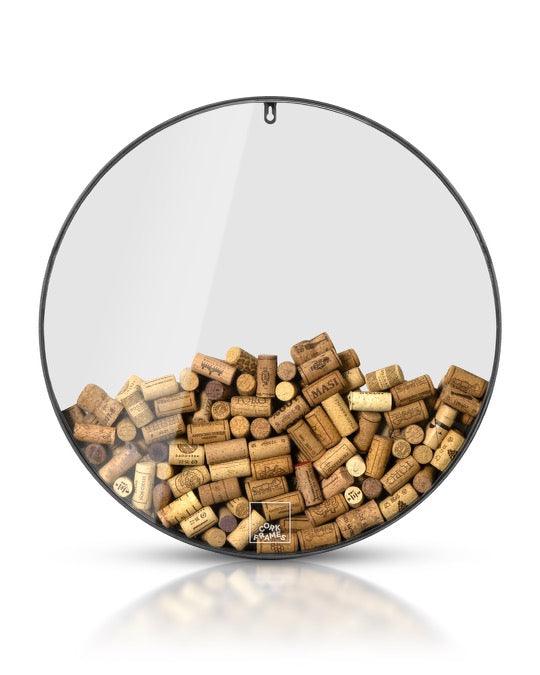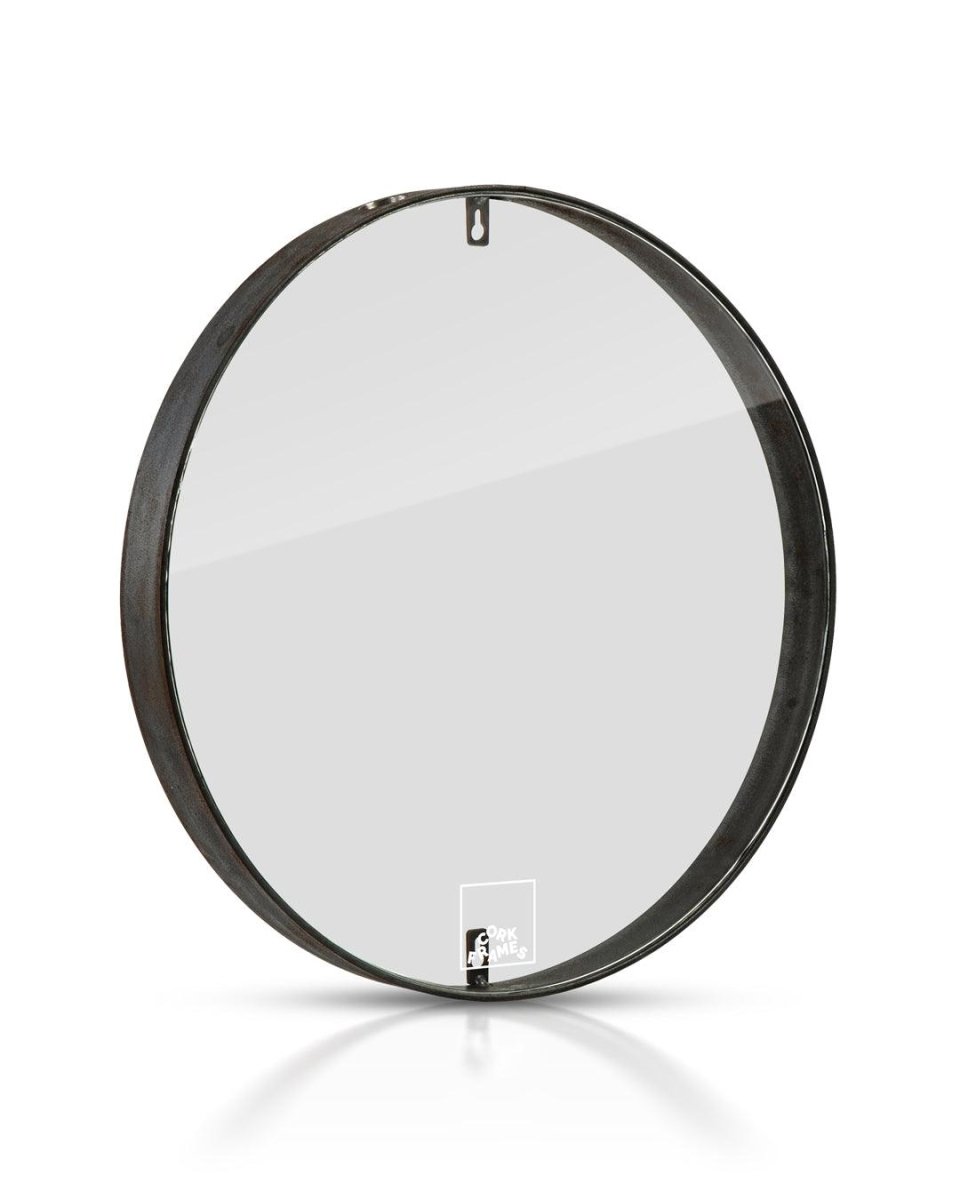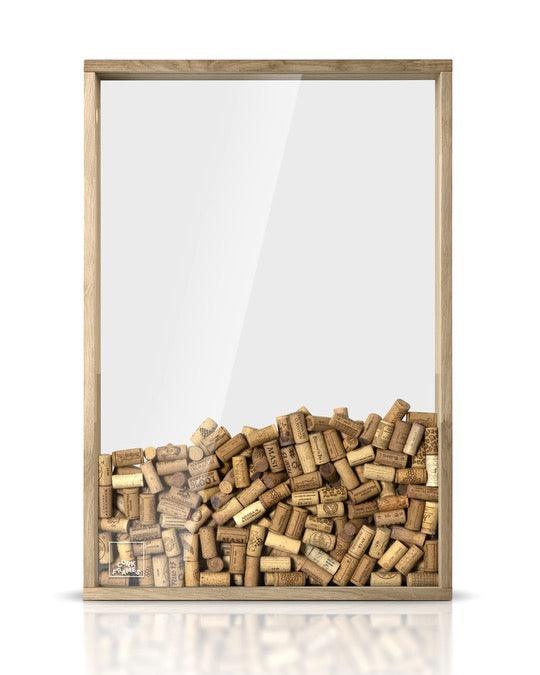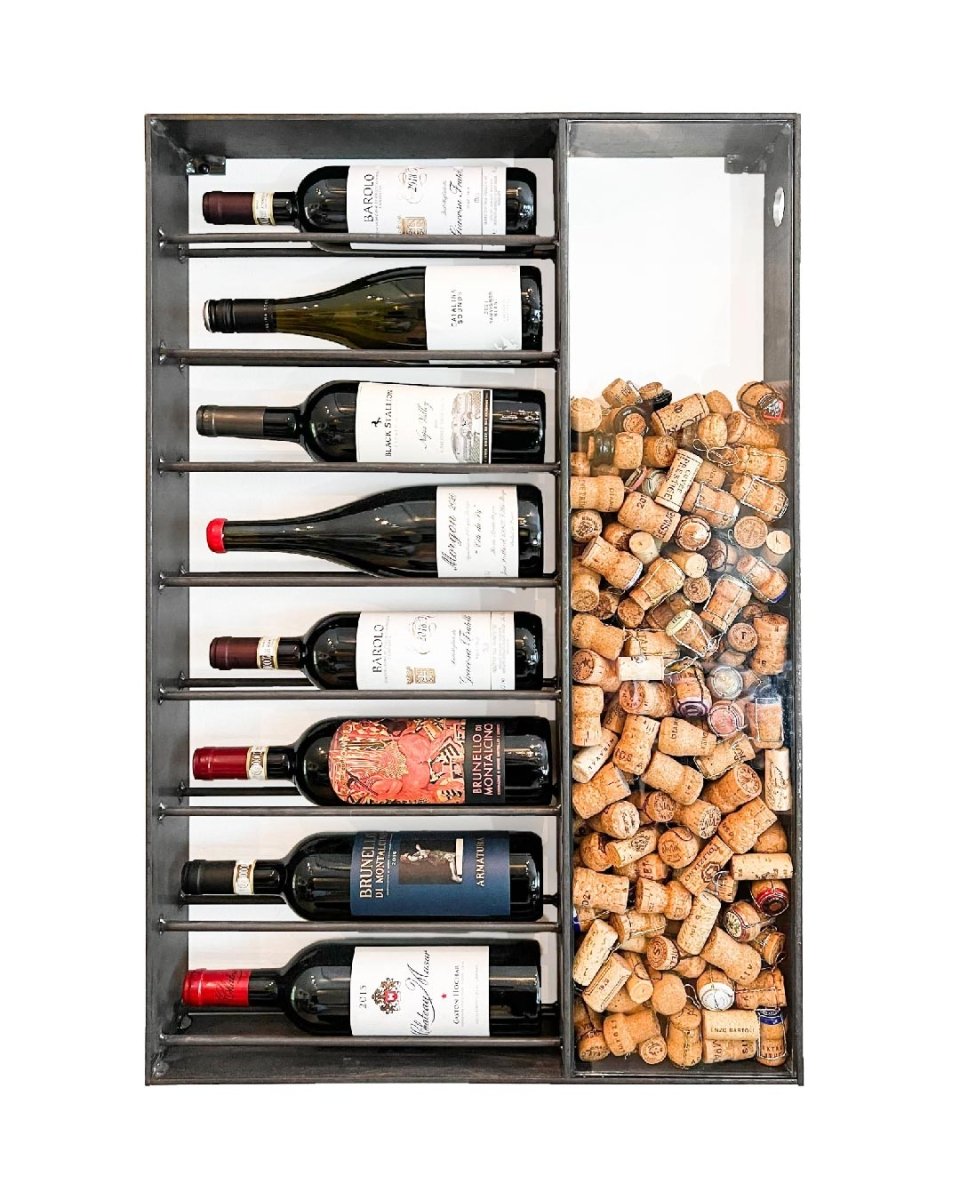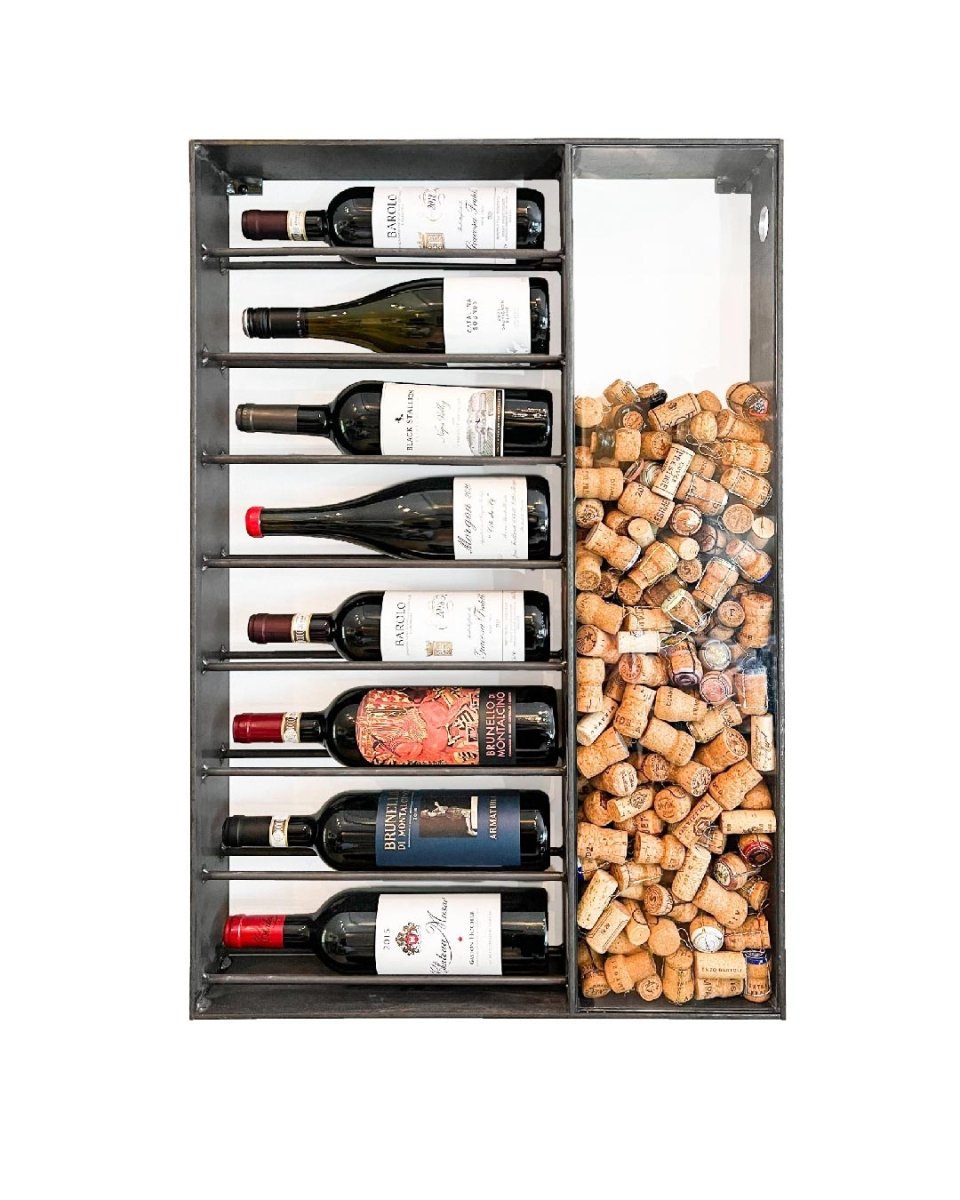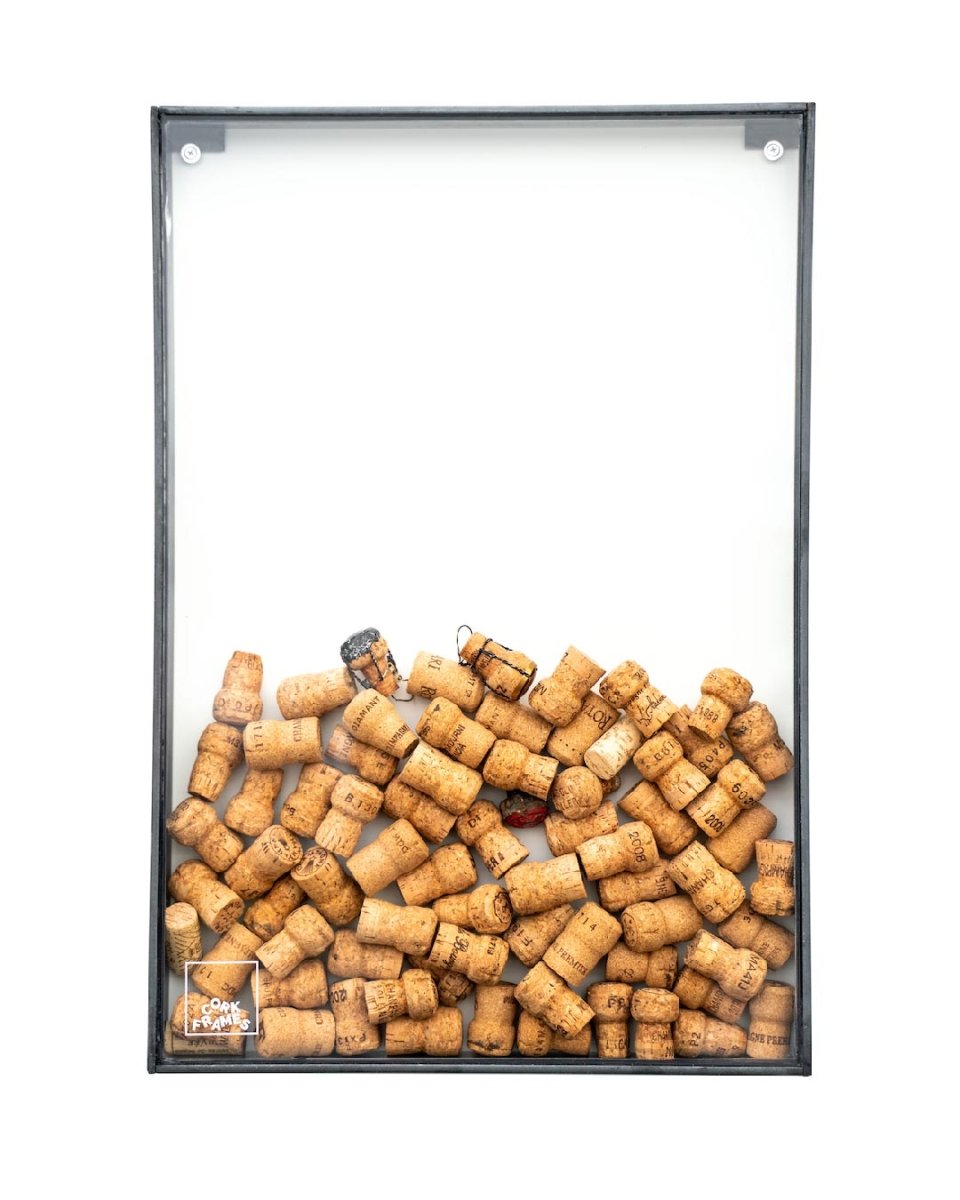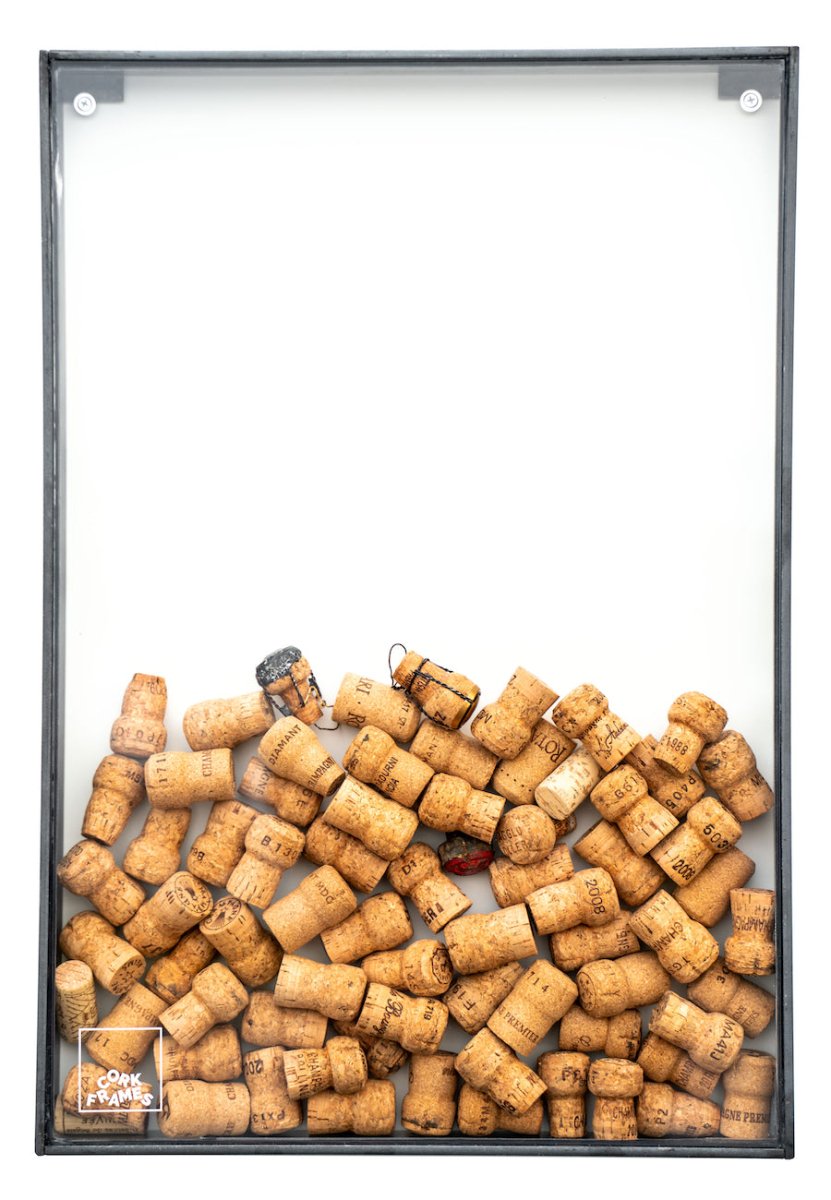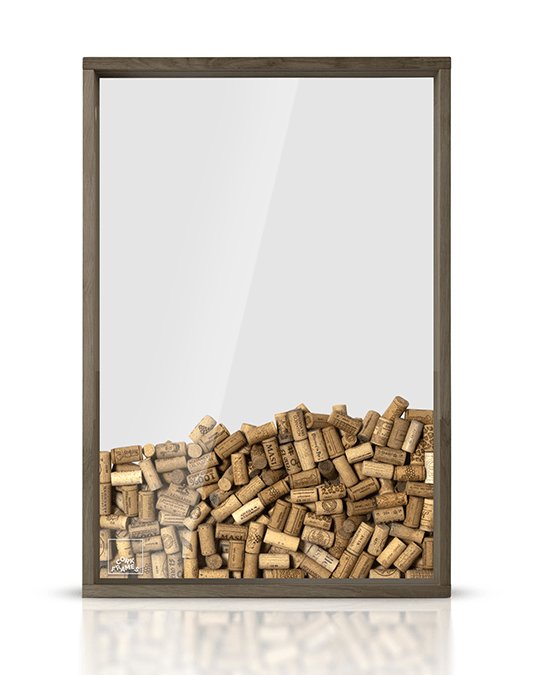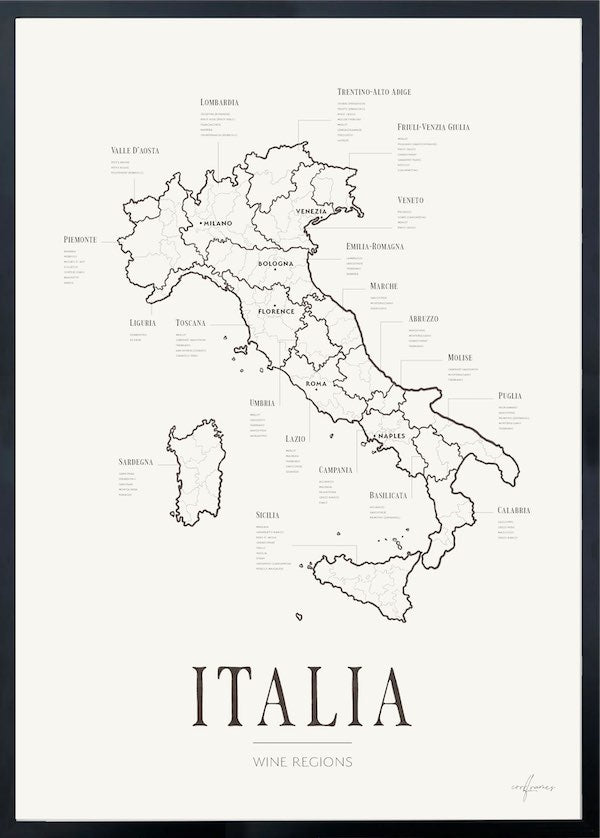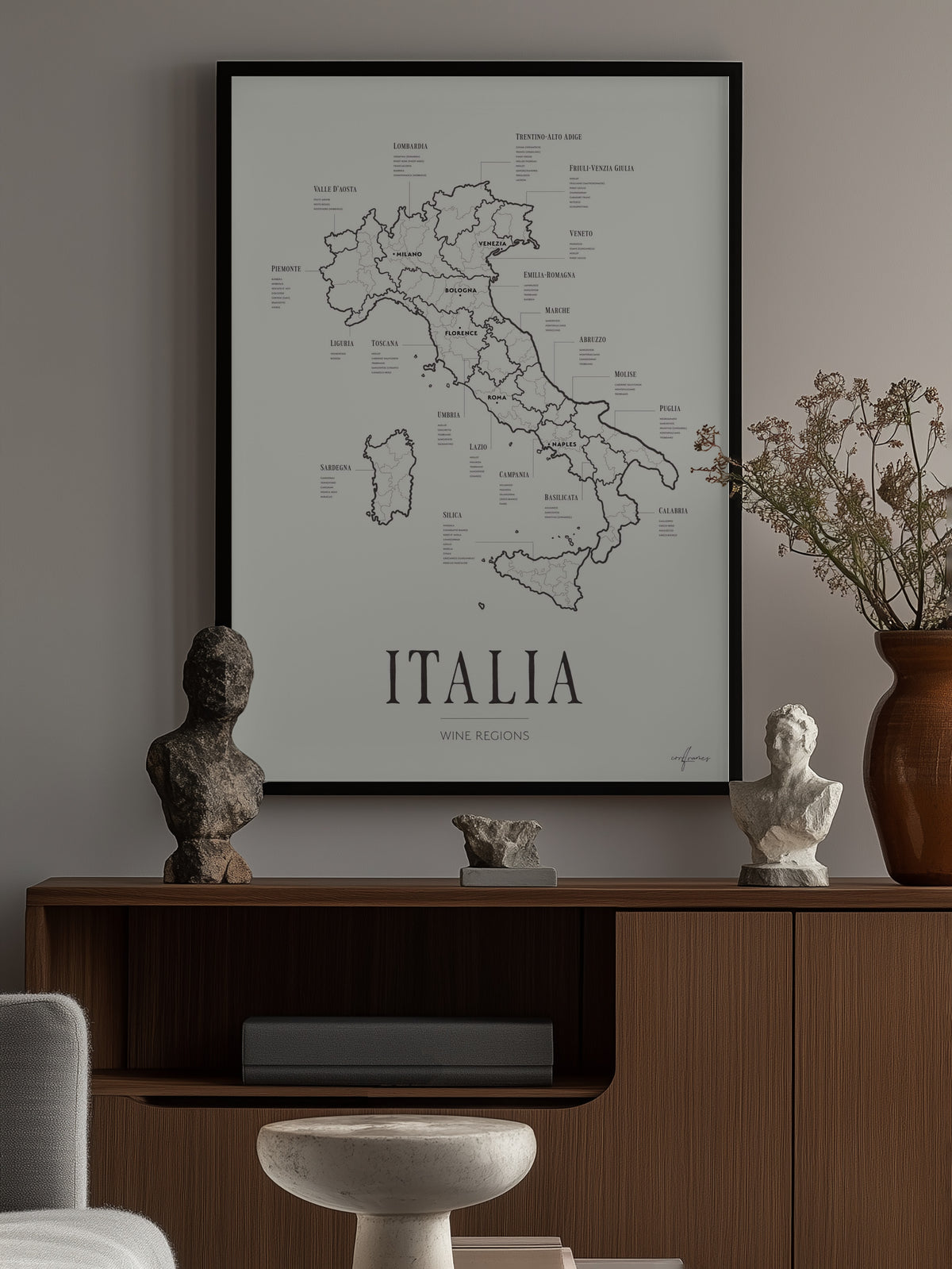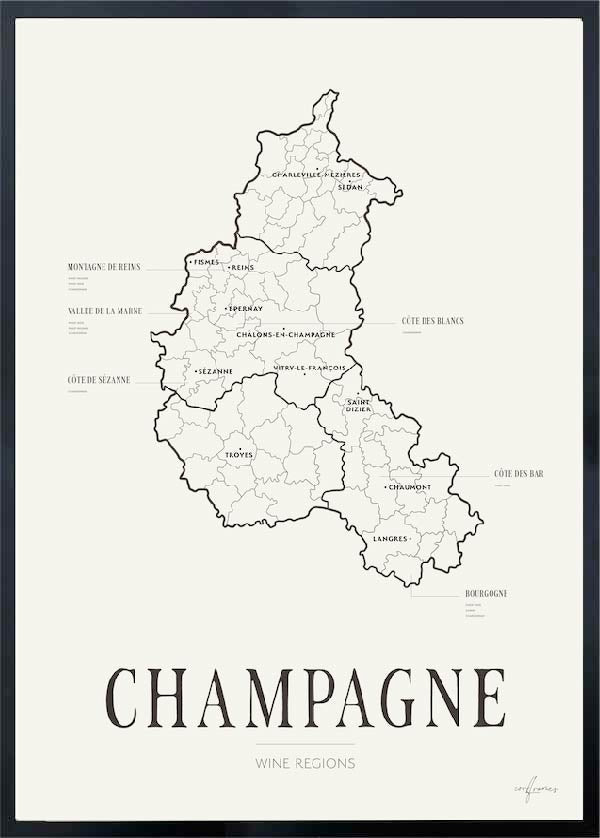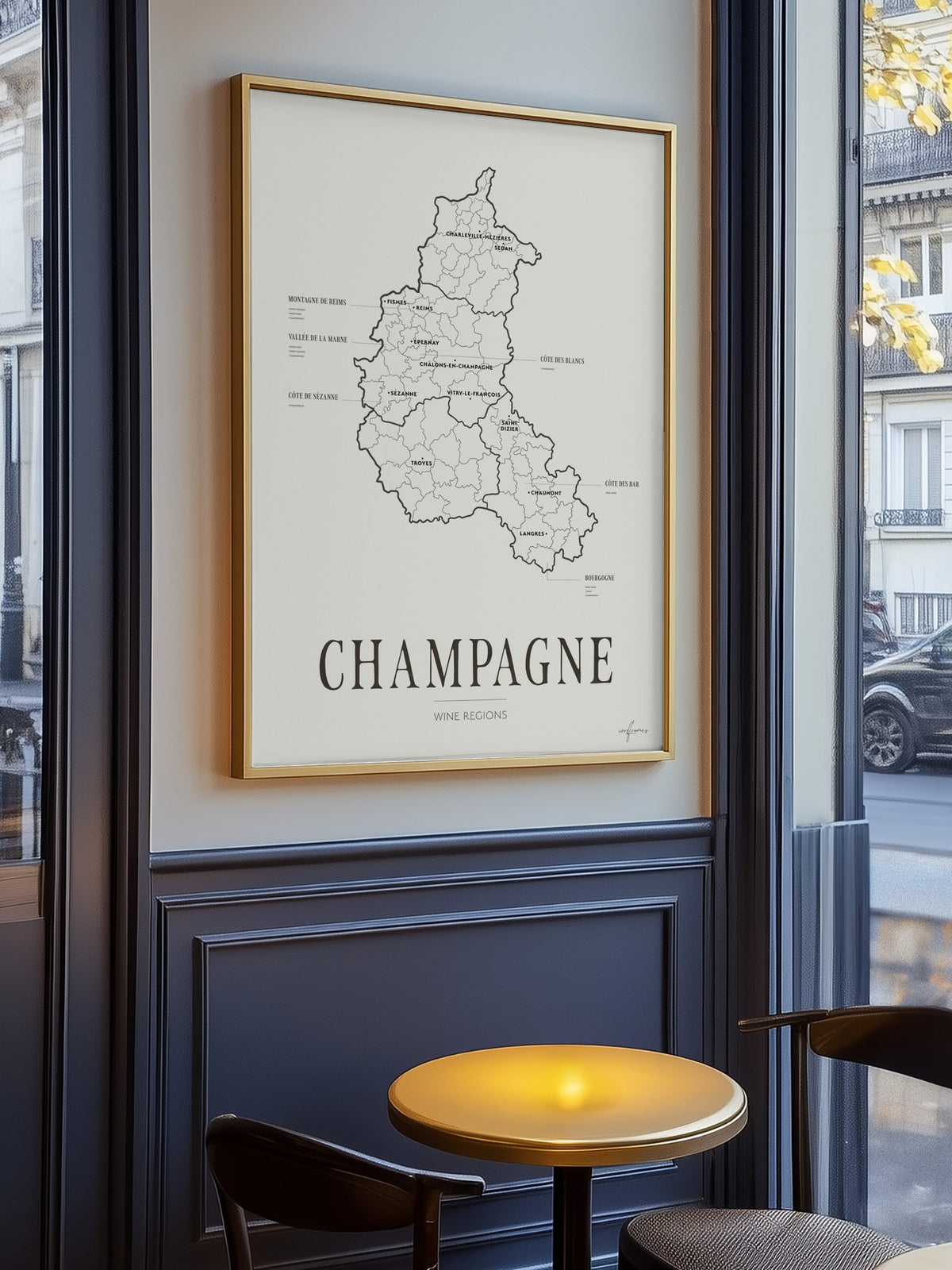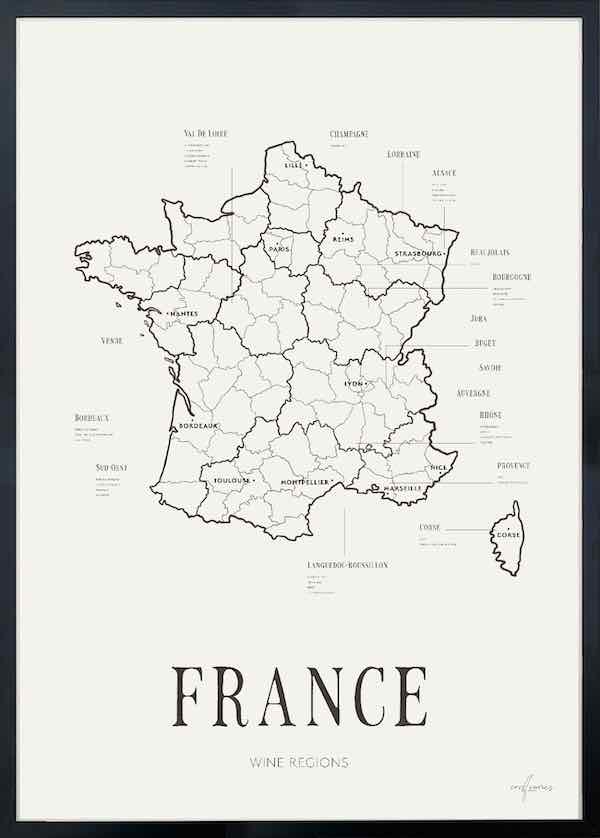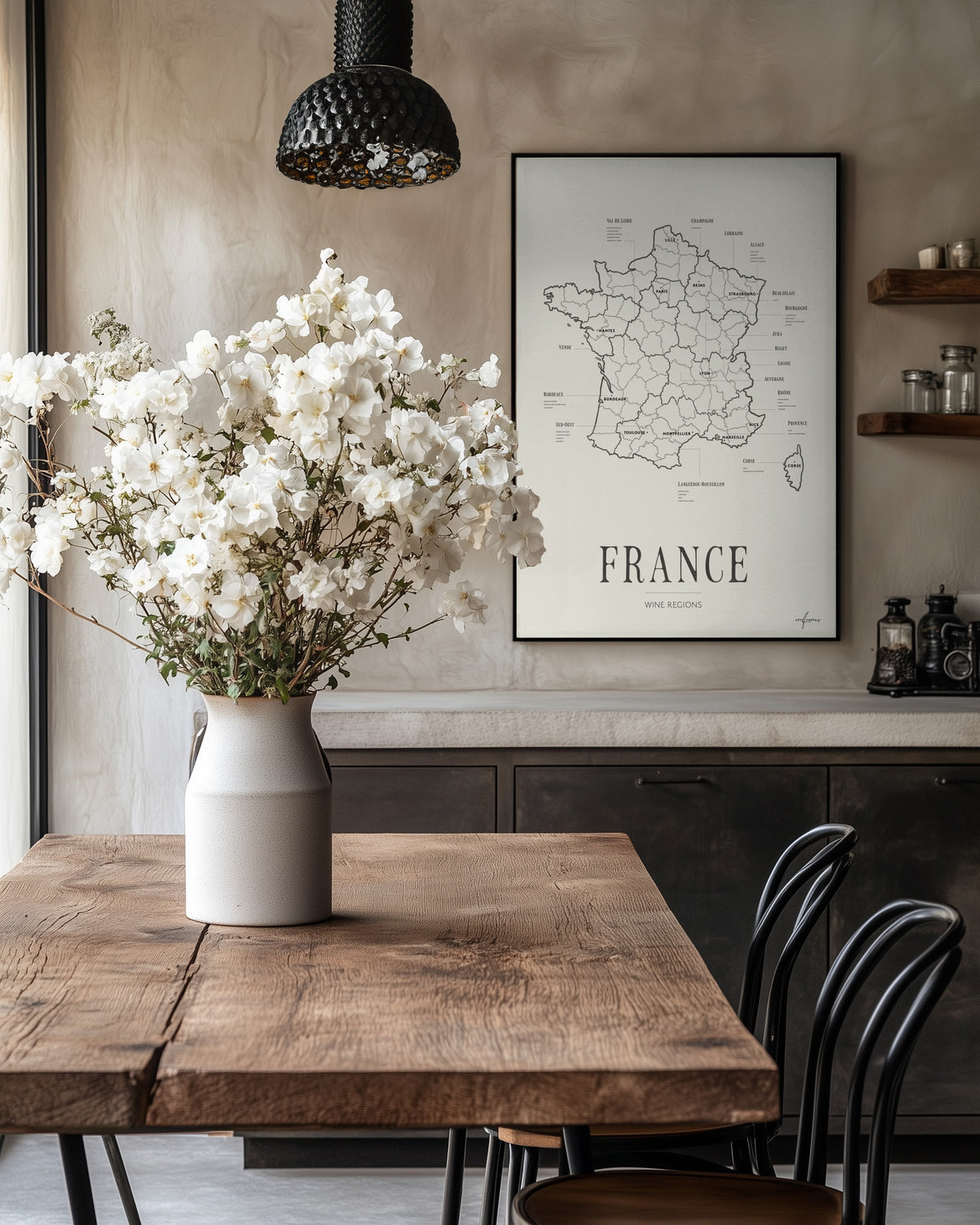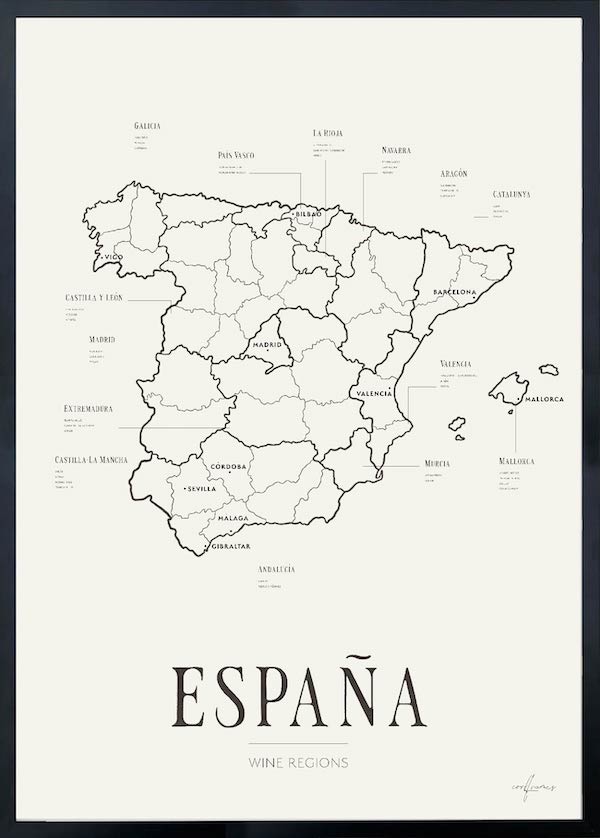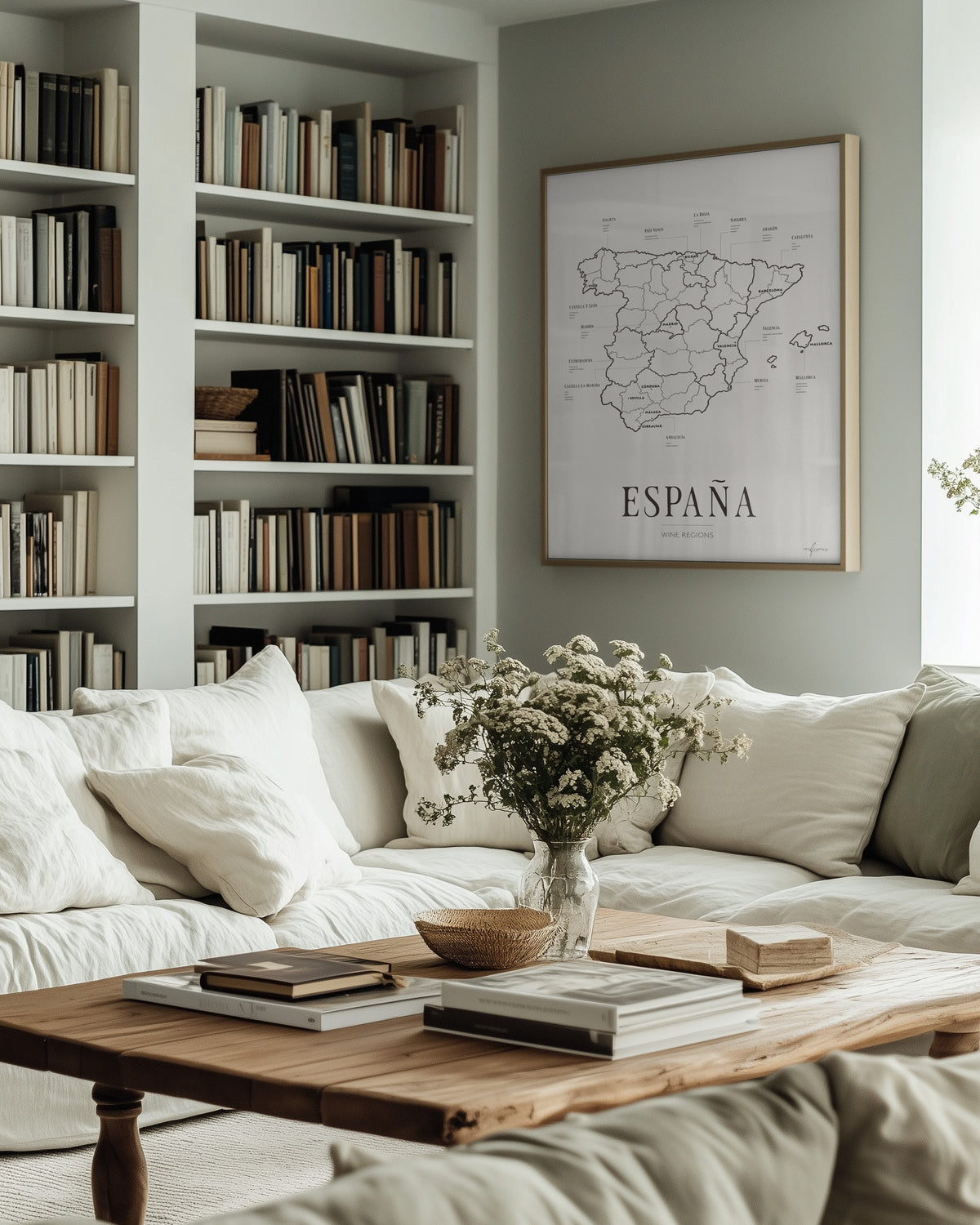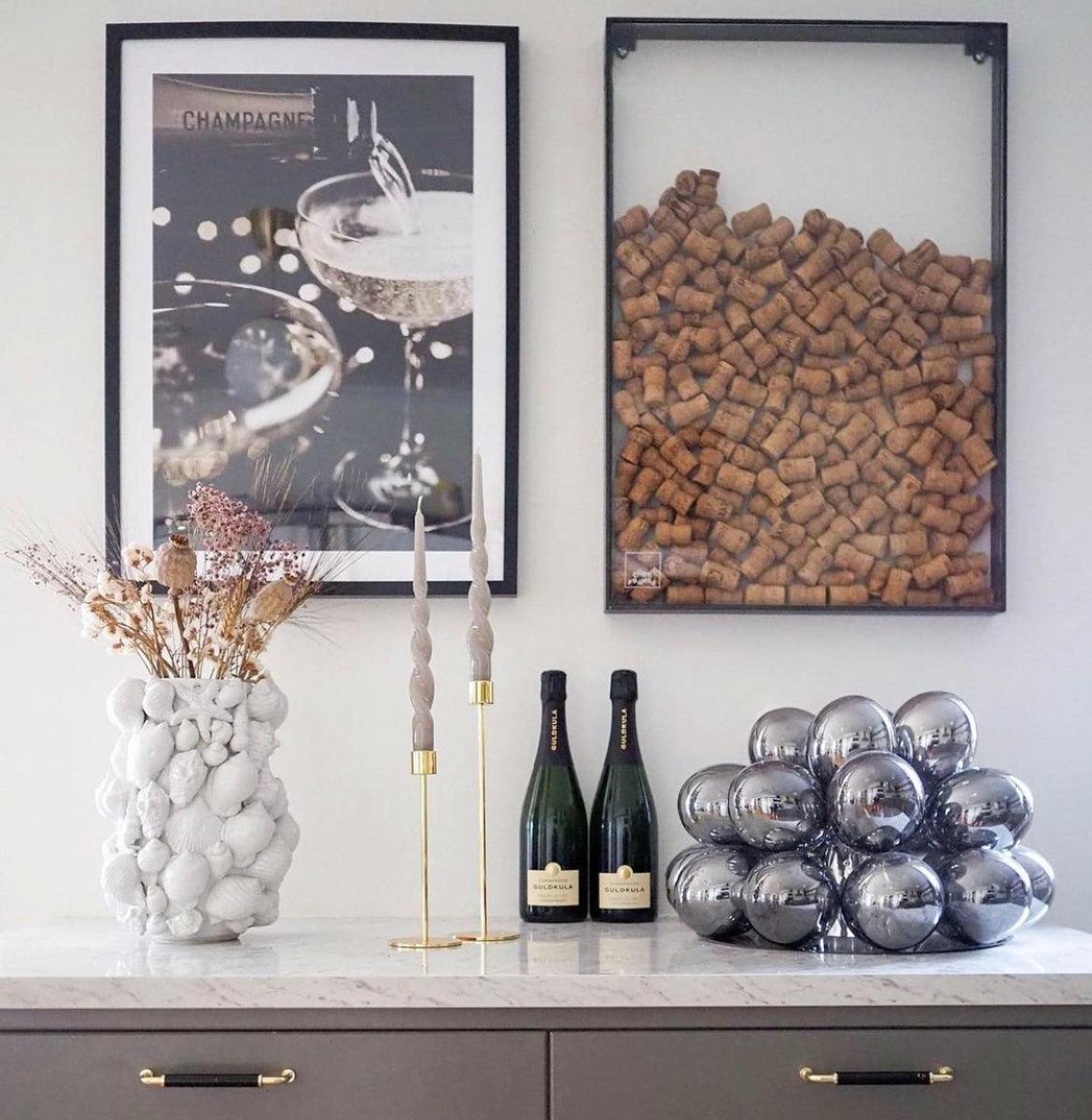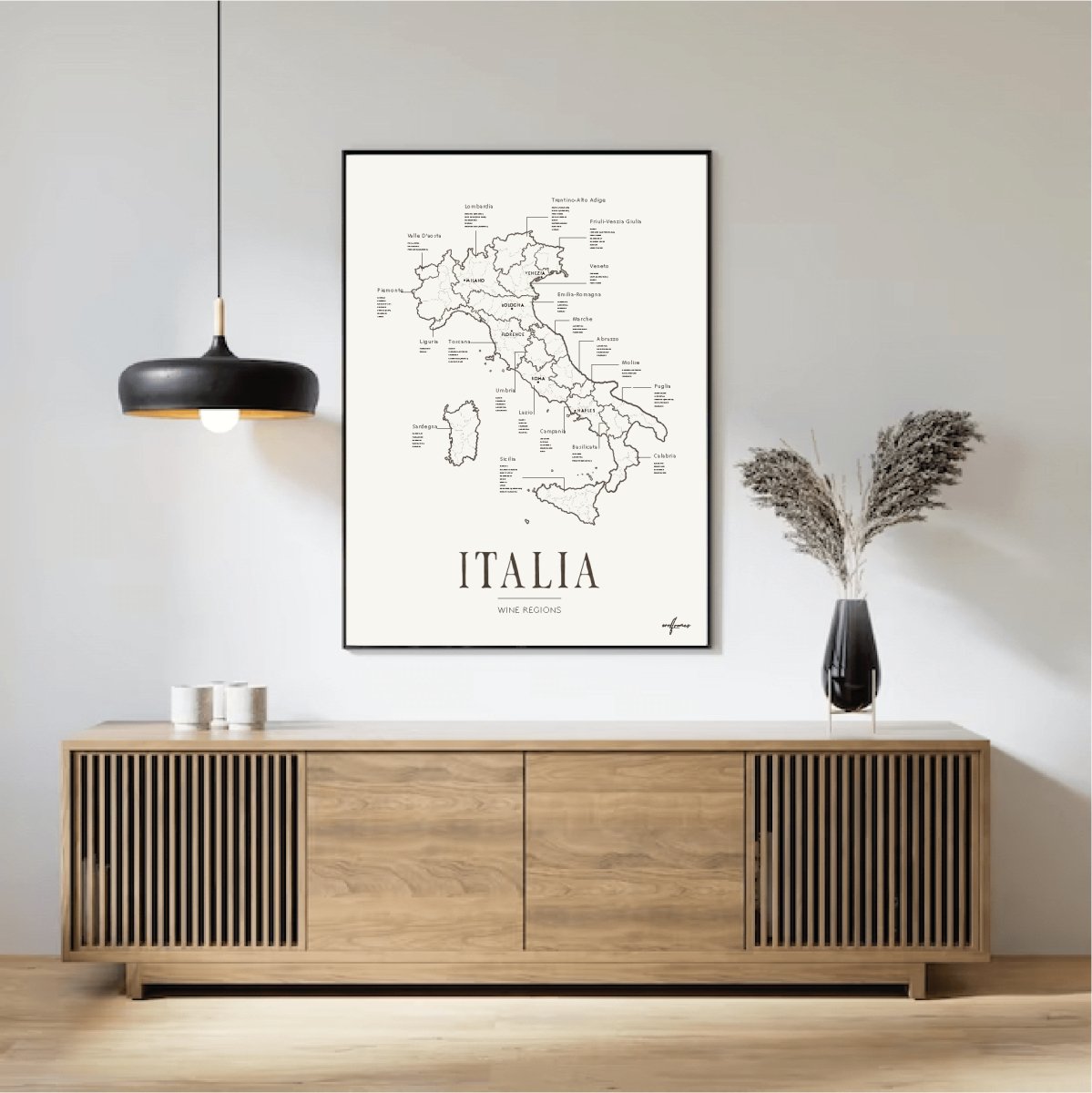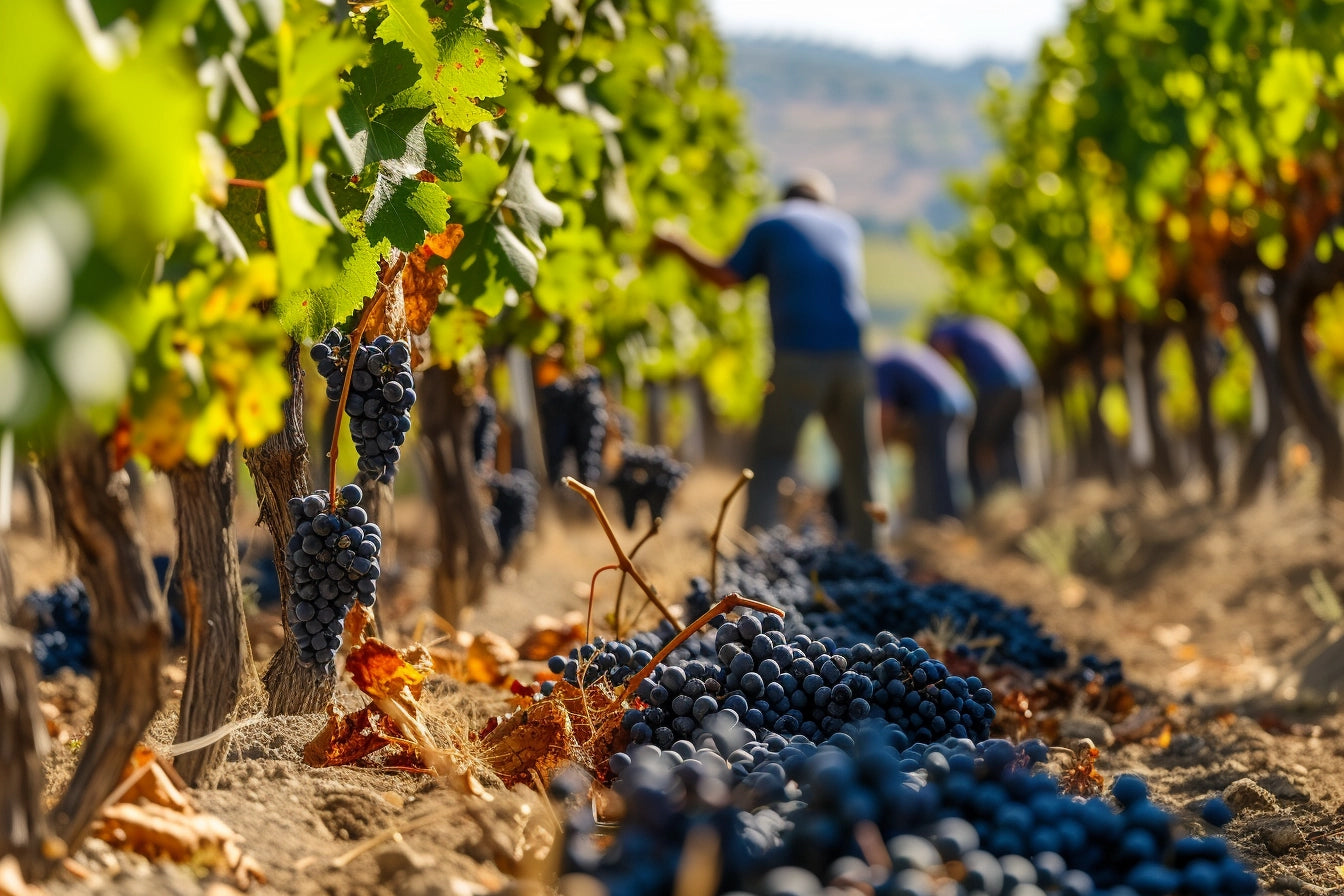The Rheingau Region, one of Germany's most prestigious and historically significant wine areas, is nestled along the picturesque Rhine River.
The Rheingau Region is renowned for its exceptional Riesling wines and stands as a symbol of German winemaking excellence.
Let's delve into what makes this region so unique and why it continues to captivate wine enthusiasts around the world.
Historical Significance
Origins and Development:
- Winemaking in the Rheingau dates back to Roman times. The region's wine culture flourished during the medieval period, particularly with the establishment of monasteries that played a crucial role in advancing viticulture.
- The Cistercian monks from the Kloster Eberbach, founded in 1136, were instrumental in developing the wine industry in the Rheingau. Their contributions included the introduction of improved viticultural techniques and the promotion of Riesling as the dominant grape variety.
Reputation:
- The Rheingau gained international acclaim in the 18th and 19th centuries. Its Rieslings were highly sought after by European nobility and were among the most expensive wines of the time.
Geographical and Climatic Features
Location:
- The Rheingau stretches approximately 30 kilometers along the Rhine River, between the towns of Wiesbaden and Lorch.
- The region benefits from its unique geographical positioning, with vineyards situated on south-facing slopes that receive ample sunlight.
Climate:
- The Rhine River moderates the climate, providing warmth and reducing the risk of frost. This creates an ideal microclimate for grape growing.
- The Taunus Mountains to the north offer protection from cold winds, further enhancing the region's suitability for viticulture.
Soil:
- The soils in the Rheingau are diverse, including slate, quartzite, and loess. This variety contributes to the distinctive minerality and complexity of the wines.
- The well-drained soils are particularly beneficial for Riesling, allowing the vines to develop deep root systems and absorb essential minerals.
Viticultural Excellence
Grape Varieties:
-
Riesling: The undisputed star of the Rheingau, Riesling thrives in this region’s unique terroir. Rheingau Rieslings are celebrated for their balance of acidity and sweetness, and their ability to express a wide range of flavors, from crisp green apple to lush peach and apricot.
- Spätburgunder (Pinot Noir): While Riesling dominates, Spätburgunder also plays a significant role. The region produces elegant and nuanced Pinot Noirs, known for their vibrant fruit flavors and silky texture.
Wine Styles:
- The Rheingau produces a variety of wine styles, from dry (trocken) to lusciously sweet dessert wines (such as Trockenbeerenauslese).
- The region is particularly renowned for its "Erstes Gewächs" or "Grand Cru" wines, which represent the highest quality level and are made from the best vineyard sites.
Notable Vineyards and Wineries
Esteemed Estates:
-
Schloss Johannisberg: Often regarded as the birthplace of Spätlese (late harvest) wines, this historic estate has been producing wine for over 900 years.
-
Kloster Eberbach: With its monastic heritage, Kloster Eberbach is not only a producer of exceptional wines but also a cultural landmark.
- Schloss Vollrads: One of the world’s oldest wine estates, Schloss Vollrads has been cultivating vines since the 13th century and is known for its outstanding Rieslings.
Vineyard Sites:
- Berg Rottland, Berg Schlossberg, and Höllenberg: These vineyards are among the most esteemed in the Rheingau, producing wines of remarkable quality and longevity.
Cultural and Culinary Highlights
Wine Festivals:
- The Rheingau is famous for its vibrant wine festivals, where visitors can sample a wide range of wines and enjoy local culinary specialties. The Rheingau Wine Festival in Wiesbaden and the Rheingau Gourmet & Wine Festival are notable events that attract wine lovers from around the world.
Tourism:
- The region’s scenic beauty, historic architecture, and charming villages make it a popular destination for tourists. Visitors can explore the picturesque towns of Rüdesheim, Eltville, and Oestrich-Winkel, each offering a glimpse into the Rheingau’s rich cultural heritage.
Culinary Pairings:
- Rheingau wines are often paired with local delicacies such as Handkäse mit Musik (a marinated cheese dish) and Spundekäs (a creamy cheese spread). The region’s wines also complement a wide range of international cuisines, making them versatile choices for any dining experience.


